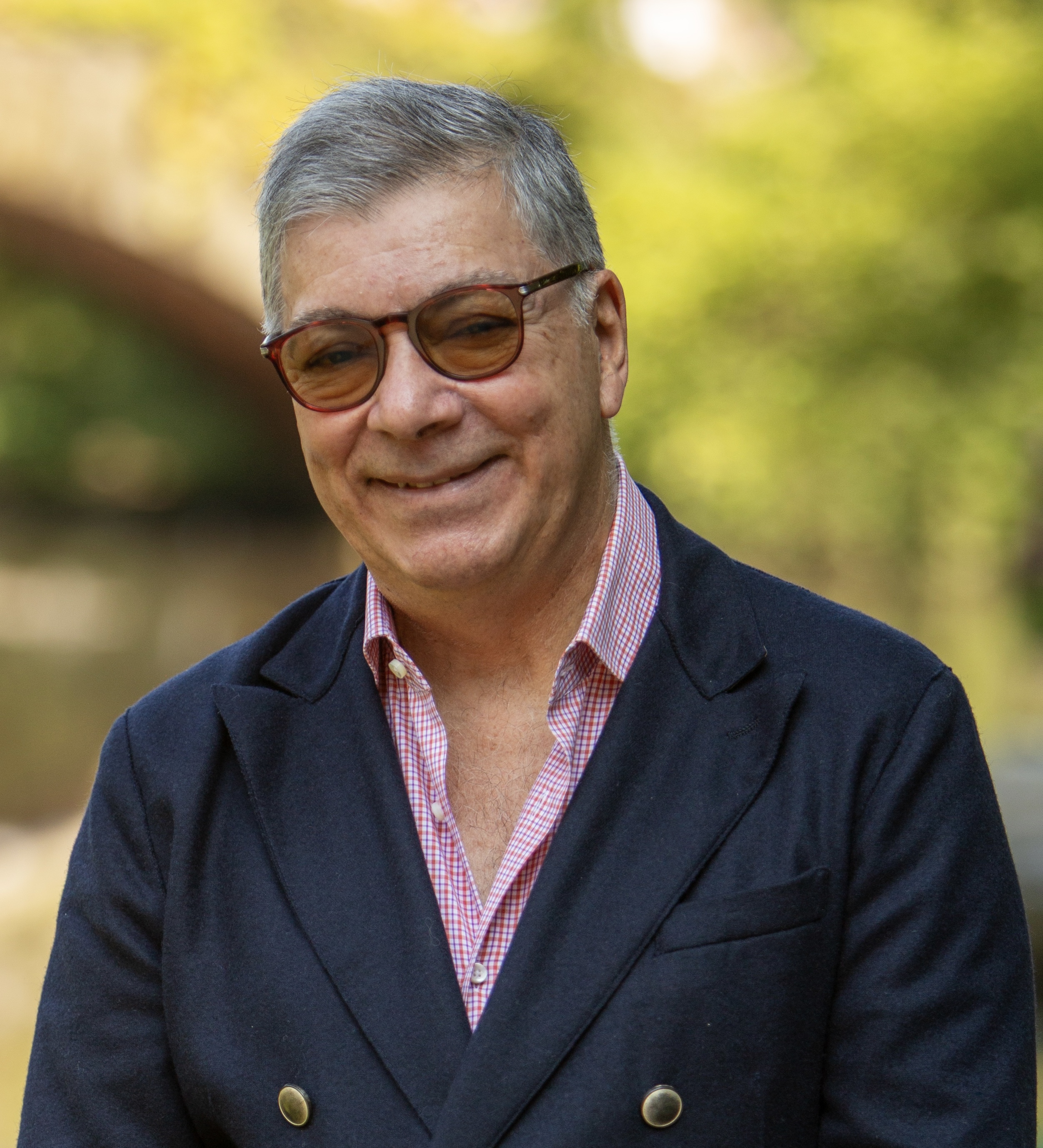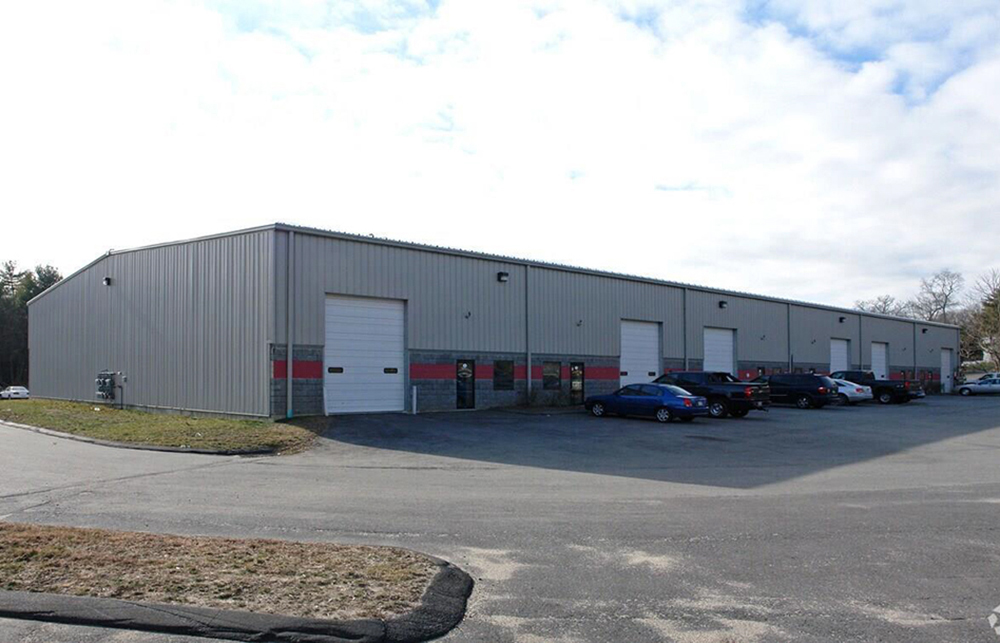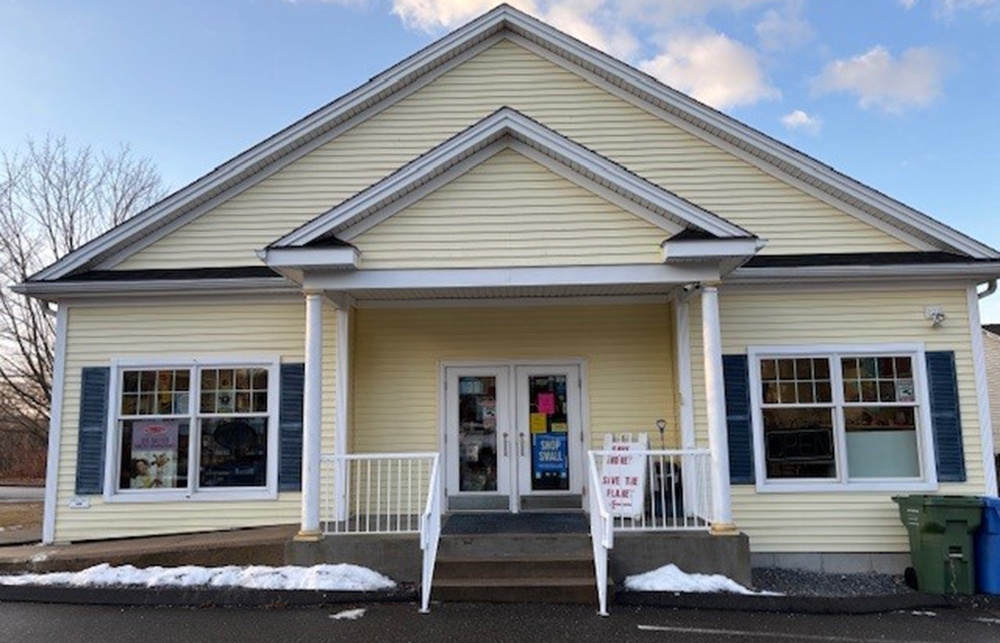RapDev leases 17,587 s/f at 501 Boylston St. - lease brokered by JLL

Boston, MA RapDev, a leading software-engineering and DevOps consultancy, has leased 17,587 s/f at 501 Boylston St. in the city’s Back Bay. The company moved into the new space this summer, consolidating operations onto a single floor to accommodate growth and create a workplace that reflects its collaborative culture.
The new single-floor space features high ceilings, expansive windows, and a renovated lobby within 501 Boylston, a 610,000 s/f Class A tower. The property holds LEED Gold and Energy Star certifications and offers on-site amenities including conference facilities, secure bike storage, and in-building parking, combining modern design with sustainability and convenience.
“Being together in the office is a big part of who we are,” said Tameem Hourani, founder at RapDev. “This new space reflects the energy of our team – collaborative, creative, and always experimenting. It gives us the room to keep building cool things with our customers, grow together, and have fun while doing it.”
“RapDev’s relocation highlights the strength and flexibility of Boston’s Back Bay market and the continued demand from technology firms looking to grow and innovate in the city’s core,” said Dan Cavanaugh, managing director at JLL. “The company came to us with a clear vision for a space that supports its engineering culture and evolving workstyle, and our team translated that vision into a plug and play sublease at 501 Boylston that offers both a prime location, and immediate occupancy in a beautiful space that fits their culture.”
501 Boylston provides direct connections to the MBTA Green and Orange Lines, the commuter rail, and major highways, offering strong regional access for employees and visitors. The Class A tower includes an on-site parking garage, secure bike storage, and ground-floor retailers that add convenience for tenants.
JLL represented RapDev in the transaction. The team included managing director Dan Cavanaugh; senior vice president Sarah Griffith; and senior vice president of Workplace Strategy Lauren Hasson.
RapDev leases 17,587 s/f at 501 Boylston St. - lease brokered by JLL


Placemaking and retail in 2024 - by Carol Todreas
Placemaking. That is the word for 2024. While the concept has historical precedence in urban development, it became part of our current culture in the 1960’s when urbanists started to think about cities for people, not just cars.

Newbury Street: Boston’s timeless retail gem thrives in a modern era - by Joseph Aquino
Boston’s iconic Newbury St. continues to thrive as one of the most vibrant and compelling retail corridors in the United States. Nestled in the heart of the Back Bay, this historic St. has evolved into a powerhouse of high-St. retail, where luxury meets lifestyle and legacy brands coexist with up-and-coming names. With its European charm, diverse architecture, and unmatched foot traffic, Newbury St. remains a dynamic reflection of Boston’s energy, culture, and economic strength.

Retail / tariffs / uncertainty and (still) opportunity - Carol Todreas
As new tariffs continue to impact the global economy, retail businesses and investors are grappling with heightened uncertainty. From new high tariffs to supply chain issues to evolving consumer behaviors, continual changes are making it as or more challenging than the pandemic years. Yet, amidst this turbulence,









.png)
